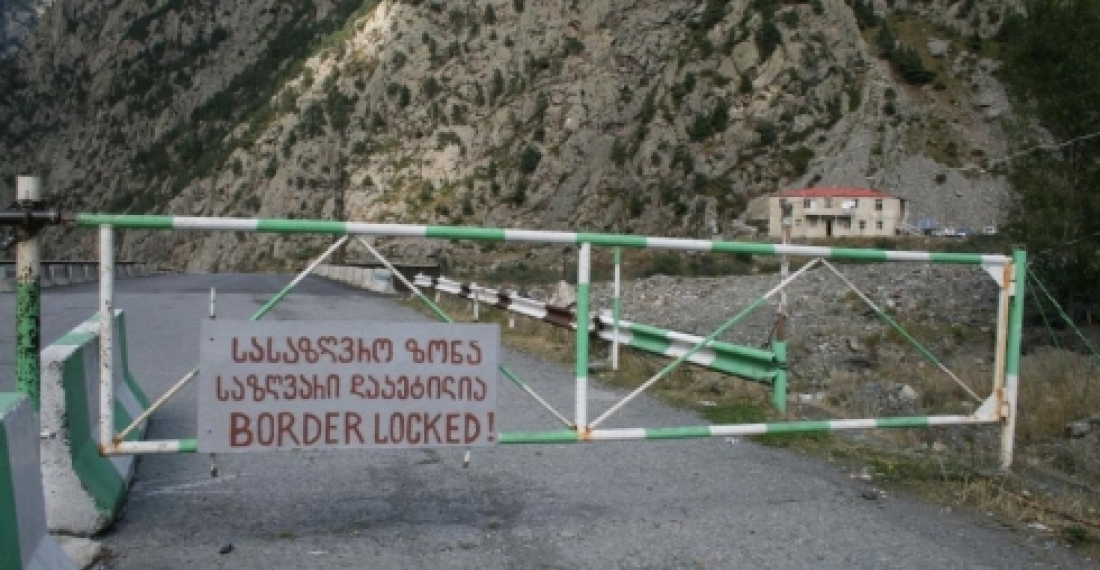Единственная дорога, связывающая Грузию и Россию, остается закрытой после схода селевого потока на прошлой неделе. Участок дороги Казбеги-Верхний Ларс, на севере Грузии, также является единственной сухопутной связью Армении с Россией.
По словам главы Министерства Регионального Развития и Инфраструктуры Грузии, Нодара Джавахишвили, на восстановление дороги "по крайней мере, уйдёт десять дней, максимум две недели", об этом он заявил в пятницу. 800м участок дороги был полностью размыт рекой Терги 23 июня.
Пока же дорога закрыта, грузооборот между Грузией, Арменией и Россией происходит через порты Черного моря.
"Закрытие дороги [в ущелье Дарьял] создает огромные проблемы для грузинских экспортеров, а также для армянского бизнеса," сообщил журналистам премьер-министр Гиорги Квирикашили.
"Мы должны быть надежным партнером для того, чтобы в полной мере реализовать транзитный потенциал Грузии."
Георгий Квирикашвили также сообщил, что была попытка наладить перевозку грузов через территорию Южной Осетии. Он напомнил о действующем в Грузии законе "Об оккупированных территориях", который предусматривает нейтральный статус для Южной Осетии в форс-мажорных ситуациях для перевозки грузов. Но как ему сообщил его армянкий коллега, это стало невозмоным из-за позиции России, которая свазала этот вопрос напрямую со статусом признанной ими территории."
источник: commonspace.eu по материалам агентств
фото: Таможенный пункт Верхний Ларс на границе Грузия-Россия







